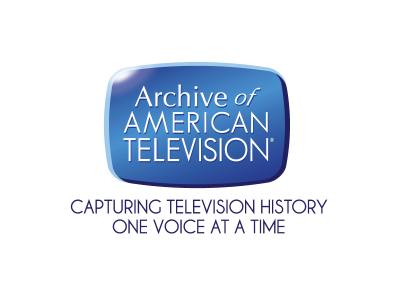Legendary Newsman Walter Cronkite Dies at 92-- Archive Interview Excerpts Online
Walter Cronkite received the moniker, “the most trusted man in America” when he served as the anchorman and managing editor of the CBS Evening News from 1962 to 1981, due to his honesty, integrity, and, occasionally, his emotional delivery of the day’s news. Below, from his Archive interview, Cronkite discusses how his signoff "That's the way it is" came about.
Walter Cronkite was interviewed by the Archive in two sessions in New York, NY on April 28, 1998 and October 18, 1999; Don Carleton conducted the combined four-and-a-half-hour interview. His full interview will be online soon.
Further excerpts from Cronkite's interview can be found here.
Interview description
Walter Cronkite recalls the moment that led President Lyndon Johnson to declare he’d lost the country’s support of the Vietnam War, by losing Cronkite: “I very clearly said I will have a personal view of this after [the] commercial… I came back and said this is an unusual departure. I’m going to deliver an editorial in effect; I’m going to give you my personal view…. And with that, I said that I thought we should get out of Vietnam.” Cronkite, “the most trusted man in America” served as anchorman and managing editor of the CBS Evening News from 1962 to 1981. In his two-part Archive interview, Cronkite outlines his early experience in journalism, including positions with various radio stations and the United Press. On joining CBS in the early 1950s, Cronkite spoke of his radio days and his assignment for the six o’clock television evening news on CBS affiliate WOIC, in Washington, D.C. He speaks in detail about the 1952 political conventions and how his anchoring of them (the first time the term was used) raised his profile to a national level. He looks back on other news stories he covered including the first televised tour of the White House (with President Truman) and the coronation of Queen Elizabeth II. He recalls his appearance on the now-classic historical recreation series You Are There, for which he served as a “reporter” to famous past events. He describes taking over the anchoring duties of the CBS Evening News from Douglas Edwards and comments on using the signature sign-off “And that’s the way it is.” Among the many historical events that Cronkite discusses are: the Kennedy assassination, the moon landing, the Vietnam War, and Watergate. In the second part of his interview he recalls the mishaps of “live TV” while doing You Are There; his tenure as host of the Morning Show (and his replacement by Jack Paar); his work on the documentary series The Twentieth Century and Air Power; his interviews with Presidents Eisenhower and Kennedy; his on-air commentary about the Vietnam War; and his stepping down from the CBS Evening News. Cronkite reveals how he felt following his final broadcast as anchor: “…when the cameras went off, I threw the script up in the air and said, ‘school’s out, school’s out!’”




